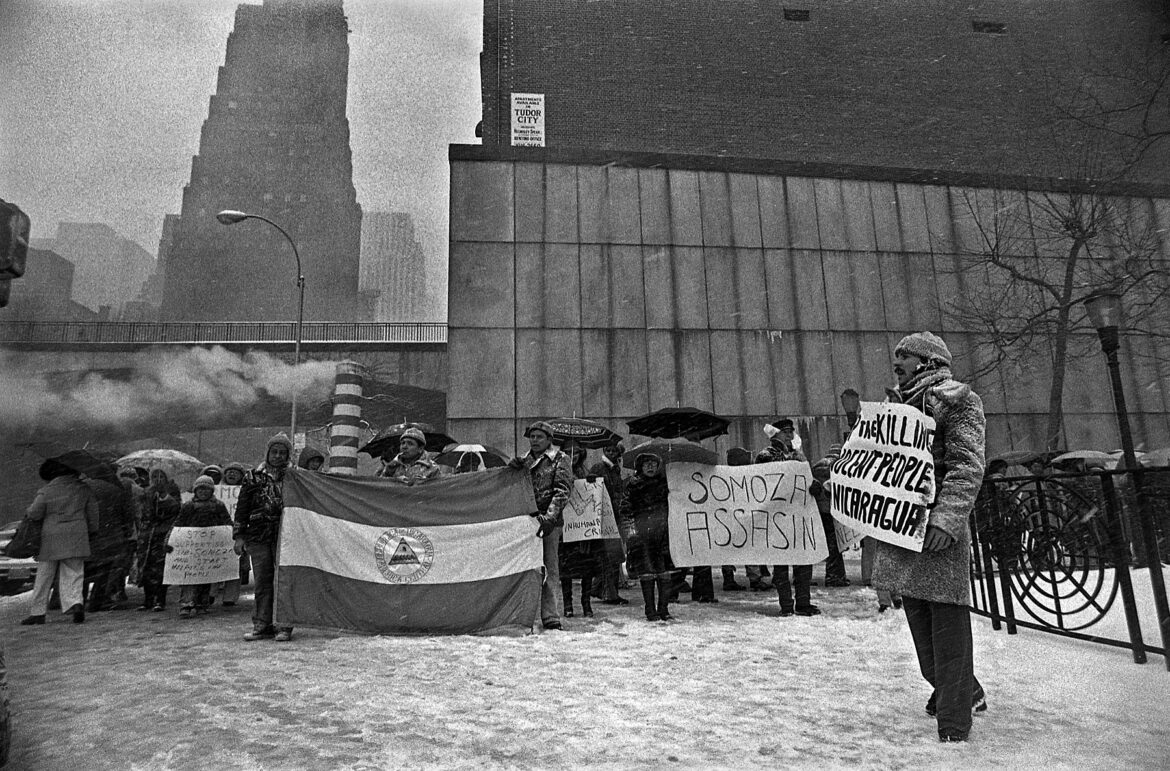Societies can be split into three key sectors: governmental, business, and civil. Specifically, civil society is typically composed of nongovernmental organizations (NGOs), grassroots organizations, unions, churches, universities and more. Scholars such as Ernest Gellner and Alexis de Tocqueville have highlighted the importance of strong civil society in promoting freedom amongst individuals, providing a channel for citizens to express their voice. Unfortunately, many countries across the world do not have strong civil societies that are protected and preserved, mainly due to oppressive political institutions. Nicaragua is an example of a country where civil society is targeted and suppressed, leaving many without their basic freedoms.
NicaraguaNicaragua, a lower-middle income country in Latin America, is one such area where many are left without basic freedoms. Since their independence in 1821, Nicaragua has a turbulent history of civil unrest and authoritarian control. During the Somoza regime – a dictatorship which lasted from 1936 – 1979 – civil society played an important role in promoting freedom and ending the authoritarian rule. Resistance within the rebellion came in the form of many groups, such as the Sandino peasant rebellion which later became the Sandinista National Liberation Front (FSLN), student unions, newspaper organizations, and local business unions. The different civil society actors who opposed the Somoza regime carried out protests, as well as violent attacks on the National Guard. These measures were supported by many internal Nicaraguan media sources who hoped to focus international attention on the Somoza regime’s violations of human rights. These acts, driven by civil society, culminated in the revolution that brought democracy to Nicaragua in 1979. Since the 1980s, Nicaraguans have been able to enjoy a more active civil society, while also making continuous efforts to promote lively civil societies when threats emerged. Ultimately, the country was focused on protecting the freedoms and democracy that was fought for through the efforts of social mobilization.
However, in 2007, Daniel Ortega took office; Ortega is a member of the Sandinista National Liberation Front (FSLN). In the past, he worked to end the old dictatorship, brining Nicaragua towards democracy. Yet, since 2007, Ortega has seemingly flipped his loyalty away from democracy and instead, has taken actions to largely impede civil society in Nicaragua. For example, since 2018, Ortega’s government has dismantled more than 950 civil society organizations. Some of the organizations in this list include the Nicaragua Society of Pediatrics, the Nicaraguan Development Institute, and the Confederation of Nicaraguan Professional Associations. The impacts of these actions by Ortega are a direct result of his ambitions to plunge the country into authoritarian rule after his accumulation of power. A sociologist named Elvira Cuadra explained Ortega’s justifications as aiming to “destroy the social fabric in order to eliminate the ability to oversee [the government’s] exercise of power.” She further states, “the weaker the society, the more the authoritarian state consolidates, the citizens lose the ability to demand accountability by the public administration.” Arguably, civil society has always been a tool used by the people to express their voices and attempt to change political situations in their countries. However, authoritarian governments will almost always attempt to crush civil society and in doing so, silence the voices of dissent.
Additionally, a new law was put in place on May 6, 2022 that further restricts the mobility of civil society across the country. The law was created with the justification that it aims to prevent money laundering and the financing for terrorism. More importantly however, the law also makes it more difficult for organizations to register, as all their activities would require government approval. The new law caps the number of foreign members in an NGO at 25%, further restricting civil society, as funding and participation is inhibited without foreign interest.
It is clear that the Nicaraguan government has carried out actions that seriously restrict the freedom of expression and freedom of associationism of Nicaraguan citizens. The government and Daniel Ortega’s actions are sending a clear message that civil society is a threat to their authoritarian plans, resulting in laws and regulations which continue to target civil society actors, such as the main human rights organizations, universities, medical associations and more. Without civil society, individuals lose their voice and their freedoms. Moreover, citizens are also slowly losing their ability to hold their government accountable and stabilize their country’s fragile democracy. Since 2007, Ortega’s administration has gotten rid of many institutional checks on presidential power, leaving civil society as one of the only channels to enact change.
Edited by Liz Bredt

Olivia is in her fourth year at McGill University. Since transferring from the B.Ed. kindergarten and elementary program she is currently majoring in International Development studies with a minor in Education. As a staff writer she publishes articles on issues relating to international development, with a particular interest in human rights, climate change, and health care.

